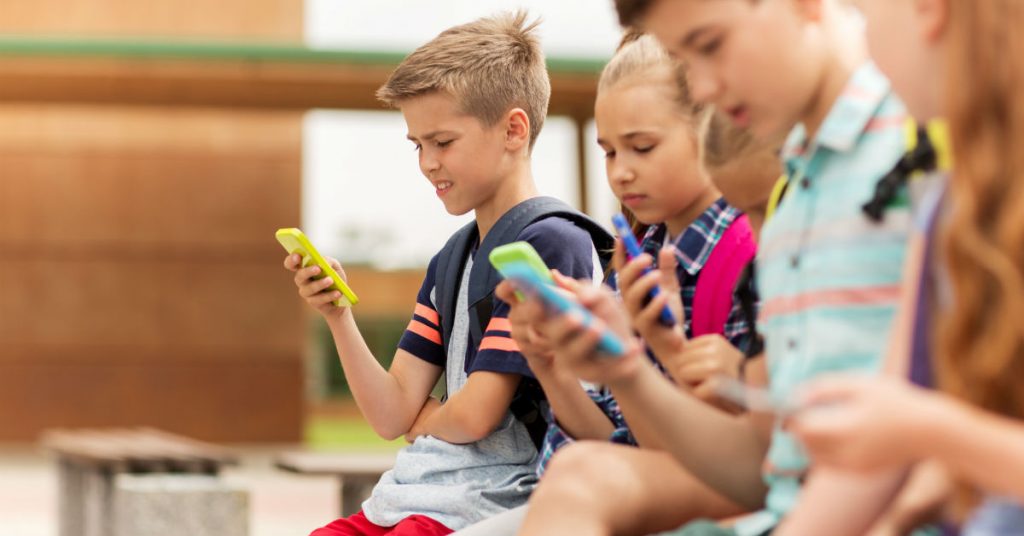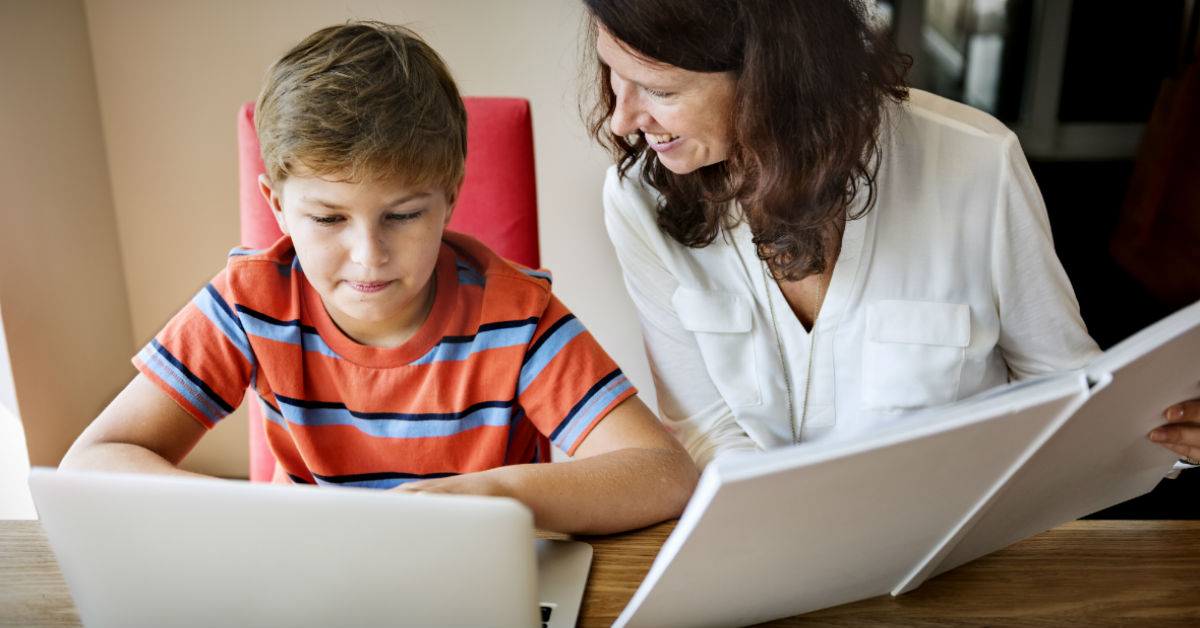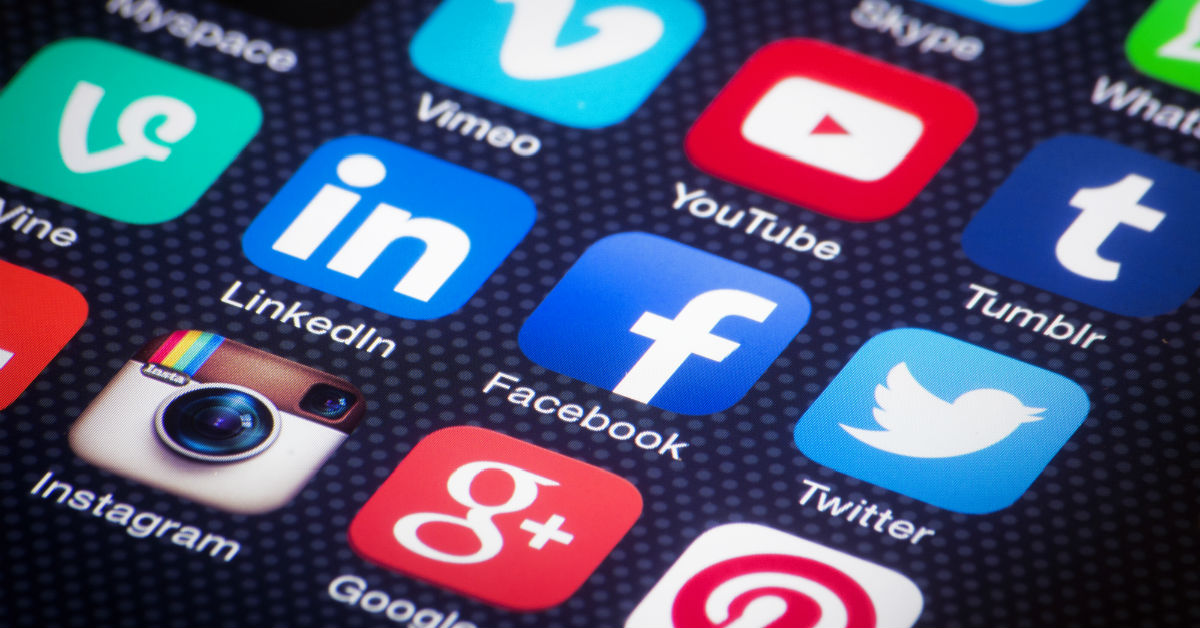
Social media has created an entirely new way of communicating, and it shows. From influencing language to shifting how people meet and connect, nothing has been the same since social media became mainstream. In no one is that more obvious than teenagers, who seem to have adopted these social platforms as something close to a religion.
Three platforms remain the biggest social media influence among those ages 13 – 17: Facebook (71%), Instagram (52%) and Snapchat (41%). Of those who use social media (which is almost all US teens, and most global), a shocking amount of time is spent on these sites. Especially with the rise of smartphone use and the integration of features with real world activities. It is hard to escape the pull of the social web.
The Pros and Cons of Social Media Use By Teens
For most parents, the worry is not the screen time, but the exposure element to the social web. As technology progresses, many of us are becoming less and less adept at monitoring online activity. Smartphones and a never ending list of new social and messaging apps are isolating us further from our roles as protectors.
But what are the actual risks of social media for teens? Three big ones are privacy violations, cyber bullying, and exposure to potential predators. Those risks are not theoretical:
- 1 in 5 teens claim to have been sexually solicited online, with those reporting as young as 12.
- More than half of all youths surveyed state they have been a victim of cyber bullying, with 25% experiencing repeated abuse.
- Teens exhibit an alarming lack of concern for their privacy on social media, especially from third parties.
At the same time, not everything about social media use is bad. Not only does it provide a way for teens to communicate with their friends, but it opens the world to them in a way that it never has been before. They can easily meet and speak to people from around the globe, from any culture. They are able to develop an understanding of people from other regions of the world, seeing both the similarities and differences, learn new language skills, and learn new things.
Likewise, social media can provide educational benefits locally, as well. They can connect with social groups involved in community projects, extra curricular activities, and hobbies. They can learn about nearby events that they may be interested in attending. And it even provides parents a glance into the social life of their teen, and can alert them to problems when they first occur.
Finding The Balance With Social Media
Like so many other things, it comes down to striking a balance between action and inaction, and keeping an eye on their use. This can be difficult in a world where smartphones give them access to social platforms you may not even know about.
The first step is to talk to your teenage. Show them examples of privacy violations and the problems that can occur when they share too much. Explain that potential employers, and even schools, are looking for social information that may cast them in a negative light.
Be open about the risks from predators, not only sexual, but who might commit other crimes like robberies. Ask them to be open with you if anything happens that makes them uncomfortable, or they ever receive a threat beyond what they honestly feel they can handle.
For those who have troubled teens that have been in trouble before, more extensive measures could be necessary. Requiring they leave their phone unlocked with no password is one. Taking away their smartphone and limiting their social media access may be another. In the meantime, there are various courses designed to help parents learn to establish healthy boundaries with their struggling teens.
Parents are understandably nervous about their teens social media use, especially where less familiar apps like Snapchat and WhatsApp are concerned. But they should keep in mind that for many teenagers, this is merely how they connect with one another in a new, digital world. As you can see above, there are far more benefits than drawback to such sites.
As their parent, it is your job to monitor your child’s use of social media to the very best of your ability. Find out more at Parent Learning Center.










Speak Your Mind